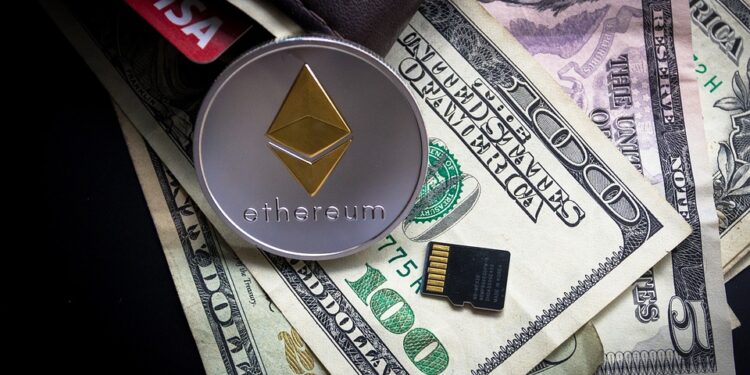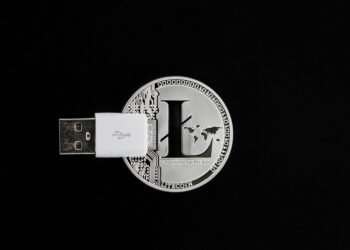Tokenization is a crucial concept in the world of cybersecurity and data protection, yet many people are still unsure of what it entails. In simple terms, tokenization involves replacing sensitive data with unique identifiers, or tokens, to safeguard it from potential security threats. This technology is becoming increasingly important as businesses strive to protect their customers’ data from cyberattacks and data breaches.
So, how does tokenization work? When a customer provides their credit card information to a retailer, for example, that information is first encrypted to protect it during transmission. Once it reaches the retailer’s systems, the credit card information is replaced with a token, which is essentially a randomly generated string of characters that bears no resemblance to the original data. This token is then used to process transactions and store payment information securely.
One of the key benefits of tokenization is that it significantly reduces the risk of data breaches. If a hacker were to gain access to a retailer’s systems, they would only find tokens instead of actual credit card information. This makes it much harder for cybercriminals to steal sensitive data and use it for fraudulent purposes. Additionally, tokenization ensures compliance with data protection regulations such as the Payment Card Industry Data Security Standard (PCI DSS), which mandates the protection of sensitive payment information.
Another advantage of tokenization is that it allows businesses to securely store and process sensitive data without compromising its integrity. For example, healthcare organizations can tokenize patient records to protect them from unauthorized access, while still allowing authorized personnel to access and use the data as needed. By implementing tokenization, businesses can strike a balance between data protection and usability, ensuring that sensitive information is safeguarded without hindering operations.
In conclusion, tokenization plays a vital role in safeguarding sensitive data and protecting businesses from cyber threats. By replacing sensitive information with tokens, organizations can mitigate the risk of data breaches, enhance data security, and comply with regulatory requirements. As cyber threats continue to evolve, tokenization offers a robust defense mechanism that allows businesses to stay ahead of the curve and safeguard their customers’ data. Demystifying tokenization is essential for organizations looking to enhance their cybersecurity posture and protect sensitive information in today’s digital landscape.








